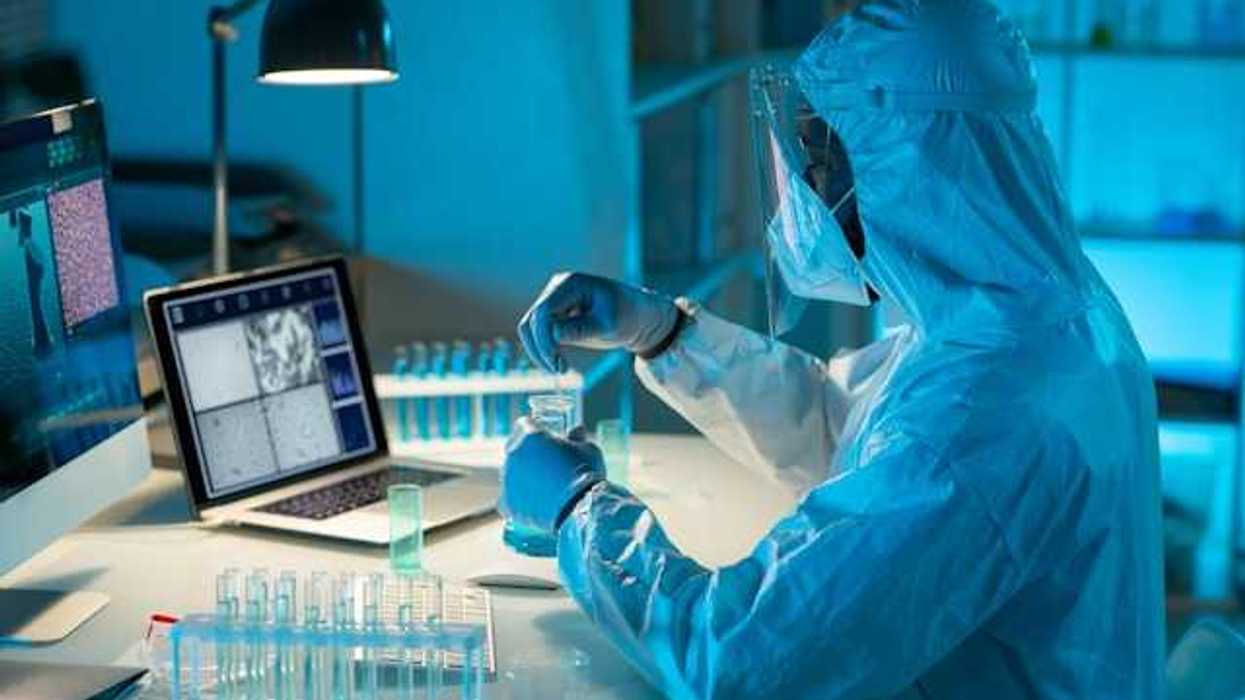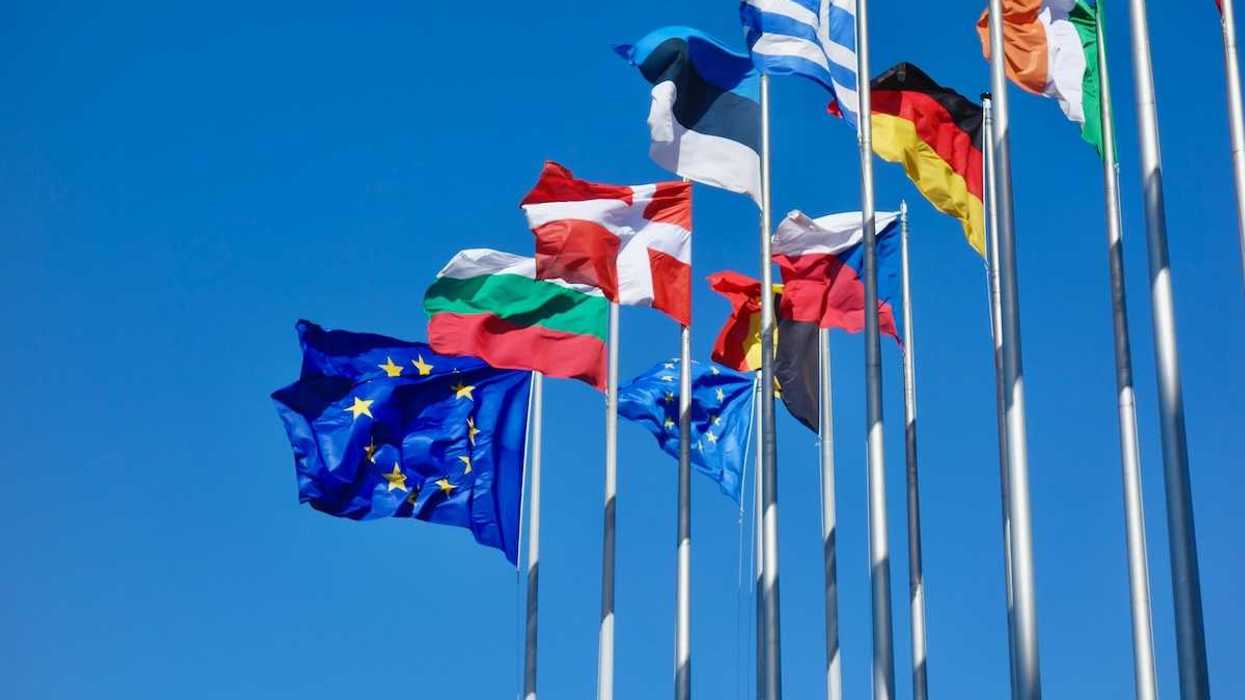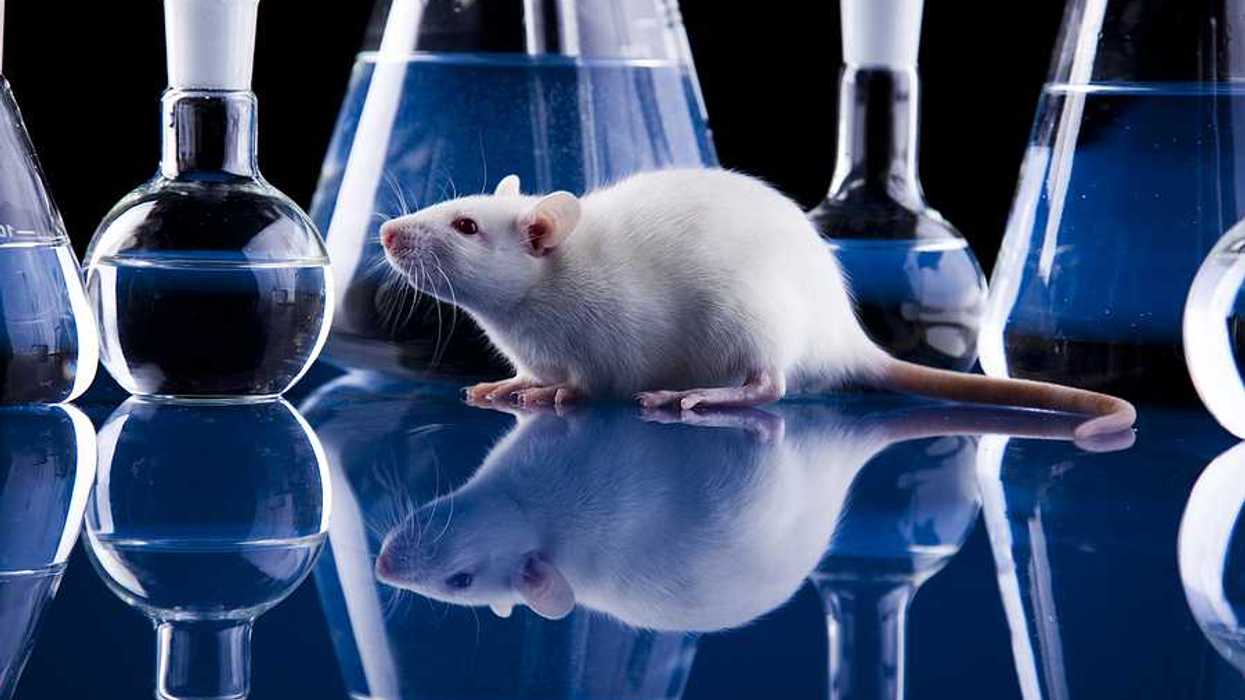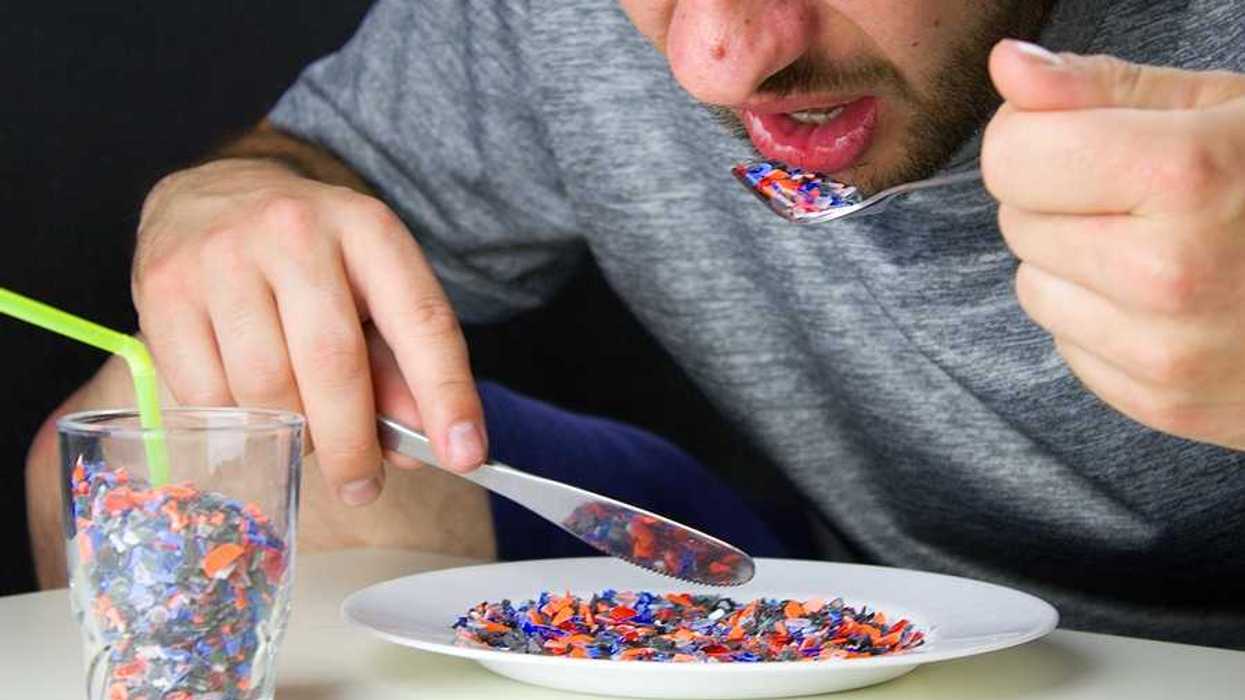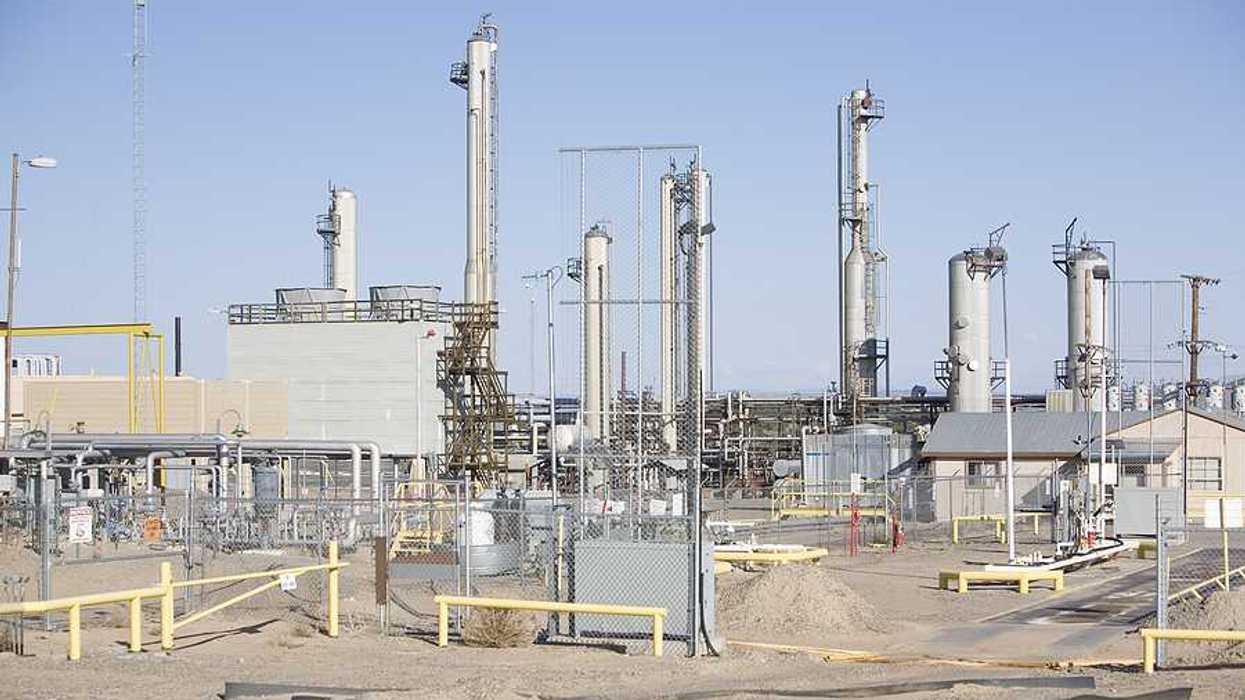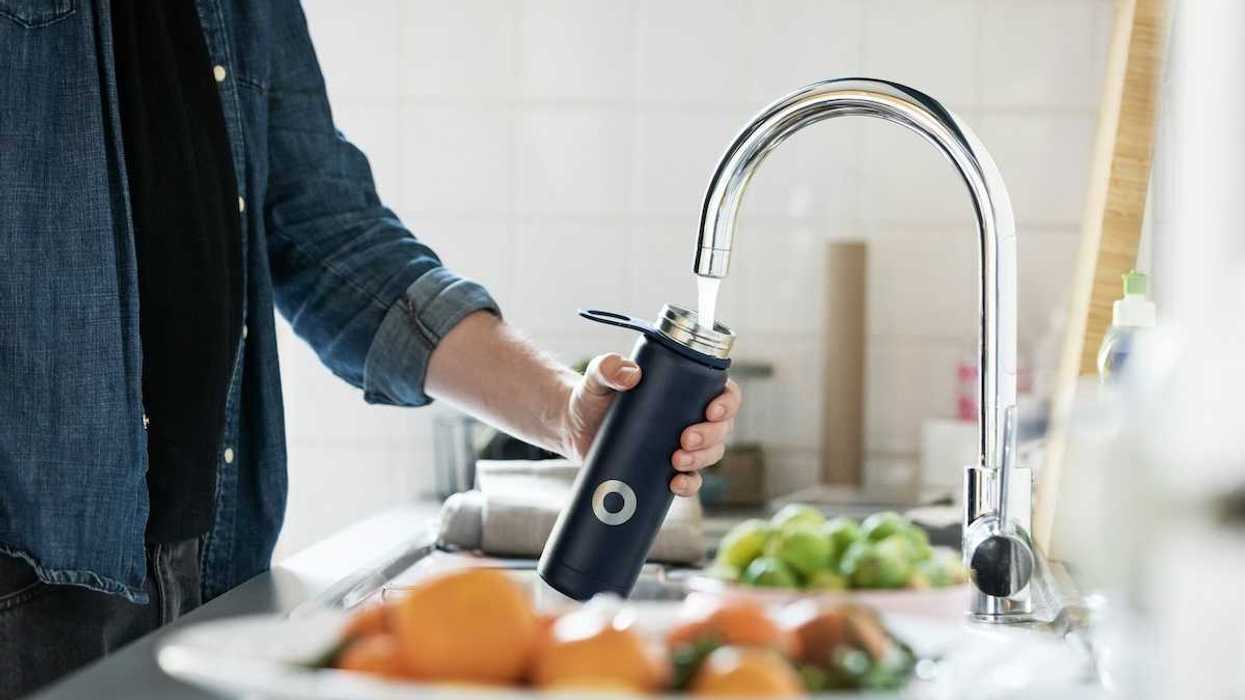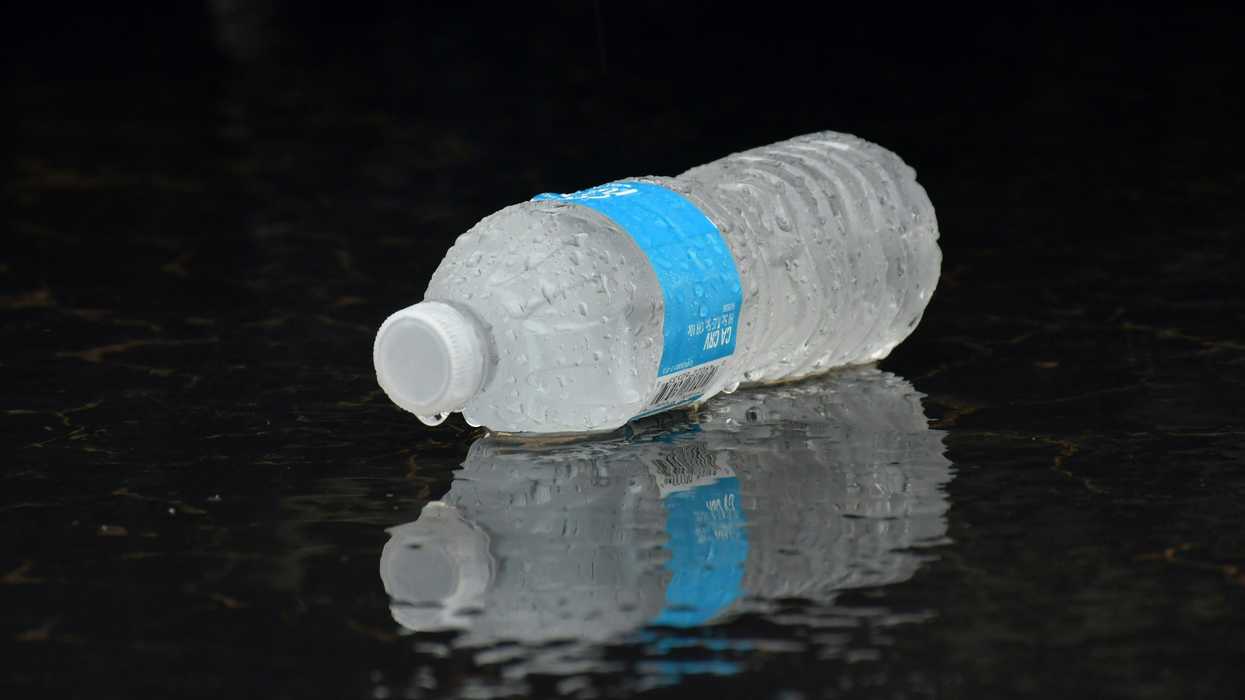Milwaukee and its sewerage district are suing Monsanto, alleging the company knowingly sold toxic PCBs that have contaminated local waterways, leading to costly cleanups.
Tamia Fowlkes reports for the Milwaukee Journal Sentinel.
In short:
- Milwaukee and the Milwaukee Metropolitan Sewerage District have spent millions cleaning up polychlorinated biphenyls, or PCBs, which were widely used until Monsanto ceased production in 1976.
- The lawsuit claims Monsanto knew PCBs were hazardous but continued selling them, contributing to contamination that has affected tourism, development and public health.
- Monsanto, now owned by Bayer, argues it stopped making PCBs decades ago and provided adequate warnings, but the lawsuit cites internal documents suggesting otherwise.
Key quote:
"The tax and ratepayers of the Milwaukee Metropolitan Sewerage District shouldn't be cleaning up all of the messes made in the past."
— Katherine Lazarski, director of legal services, Milwaukee Metropolitan Sewerage District
Why this matters:
Polychlorinated biphenyls, or PCBs, were once celebrated for their durability and versatility, used widely in electrical equipment, construction materials and industrial applications. But that same staying power has turned them into a persistent environmental nightmare. Banned in the United States in 1979, these toxic chemicals still linger in soil, waterways and even the food chain, posing serious health risks decades after production ceased. PCBs have been linked to cancer, immune system suppression and developmental delays, with children and pregnant women especially vulnerable. Contamination is widespread, from the depths of the Hudson River to the shores of the Great Lakes, where cleanup efforts stretch on for years, sometimes decades.



